Artwork Profile: The Zizi Show – Drag Meets Machine Learning
Artist Jake Elwes has brought together his fascination with machine learning and love of drag performance to create an interactive online artwork with a cabaret sensibility.
“Deepfakes have enabled me to do drag in collaboration with machine learning, perhaps proving that drag queens, drag kings and drag things will never be replaced by artificial intelligence.” Jake Elwes is explaining his twin fascination with machine learning and drag. It’s a merging of two worlds that is brilliantly realised in The Zizi Show, his interactive online artwork commissioned for The New Real.
Zizi is a drag act constructed using deepfake technology, having learnt to do drag by studying a diverse group of real performers. During the show, the audience is invited to switch between Zizi’s different deepfake identities – an action that reveals the processes used in their construction.
Elwes has been exploring machine learning, its biases and societal impacts, for a number of years. More recently, it struck him that his love of the gender challenging world of the London drag scene was something that had a direct relevance to his art practice. He explains: “From my research into machine learning, gender representation and the gender and race bias in datasets, it seemed like a natural progression in my work to collaborate with some of my friends who are drag performers.”
For Elwes, the fluid and questioning nature of drag performance was the perfect antidote to the constraints and prejudices of standard datasets. He began his Zizi project in 2019 with Zizi – Queering the Dataset, commissioned by The New Real. This looping, multi-channel video of morphing faces involved Elwes introducing a range of drag images from the internet into training datasets used for facial recognition systems. Imagined faces were then created using a Generative Adversarial Network (GAN), a machine-learning system that pits two neural networks against each other; one generating new images that might be recognised as real within the network, the other sifting the real images from the fakes. In a normal GAN, the result is fakes that look increasingly realistic; here, the faces have been ‘Queered’, making them less fixed and realistic as they break down into abstraction.
Zizi premiered in Edinburgh as part of Elwes’ exhibition ‘Preternatural’ 1, curated by The New Real’s Drew Hemment and also featuring a new version of Elwes’ 2017 work, Closed Loop. This was followed early in 2020 with Zizi and Me, a satirical double act between drag queen Me and a purposely glitchy, not quite realistic AI clone. After an initial teaser video introducing the duo, the intention was to turn Zizi and Me into a live performance, and discussions began with The New Real and Battersea Arts Centre. But then the first Covid-19 lockdown hit, and everything changed – The Zizi Show began to take shape as an online artwork.
Despite the restrictions of lockdown, working with The New Real has enabled a useful dialogue between Elwes, academics and students. “It’s important to be able to have these conversations,” says Elwes. “I’ve been able to talk with machine-learning scientists, and also to anthropologists and sociologists who are researching the impacts of AI.”
With Hemment again as curator, this latest iteration of Zizi has seen Elwes working with 13 drag performers, directed by Me. In choosing the performers, Elwes was keen to represent the diversity of the contemporary drag scene. “There are drag kings, queens, biologically female drag queens, trans drag kings and queens, drag monsters. We also made sure there was diversity in terms of race, gender, sexuality.” Filmed over three days in a London cabaret venue, the footage was then used to construct deepfake versions of each performer. Zizi is based on all 13 performers at once – a shape-shifting virtual host for this cabaret-style show.
Elwes describes the process of introducing these non-conventional performers into an AI system as a kind of ‘hacking’ – subverting and reconfiguring technology. It’s an approach that has some high-profile precedents in art. “There’s a history in video art of hacking systems,” he says, “like when Nam June Paik put a magnet on a TV 2. There’s always been this idea of using technology in ways it wasn’t originally intended – and finding poetry in the outputs.”
Zizi’s poetry comes in the strangely beautiful, sometimes unsettling way that the drag acts’ deepfake faultlines are revealed; the way the mask (intentionally) slips to reveal the machine-learning processes that lie behind. “Drag is just such a brilliant medium for exploring the layers of construction and social bias in AI,” says Elwes. “This project explores what AI can teach us about drag – and also what drag can teach us about AI.”
Listen to Jake Elwes being interviewed about his Zizi project by The National Gallery and Bloomberg’s Art + Technology series
1. 'Preternatural - An exhibition of works by Jake Elwes', Inspace City Screen, Edinburgh Festival Fringe 2019, 2–26 August 2019, curated by Drew Hemment for The New Real
2. Nam June Paik, Magnet TV (1965)



